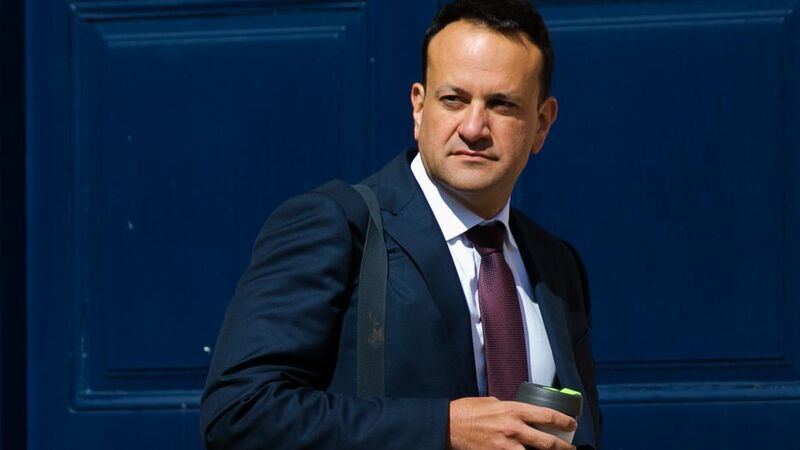Varadkar’s proposed new 30% rate of income tax 'will not be happening'

Tánaiste Leo Varadkar said he would 'not going to go to war with anyone' on budget measures. Picture: Gareth Chaney/ Collins Photos
Tanáiste Leo Varadkar’s proposed 30% rate of income tax will not form part of the budget later this month, according to sources familiar with the budgetary process.
Mr Varadkar had suggested the introduction of the new 30% rate as a means to help middle-income earners keep more of their salary.














